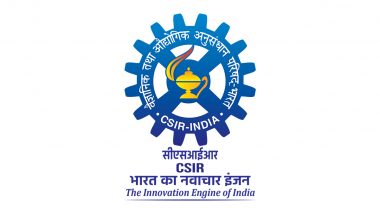Washington, March 1: According to new research, a minimally invasive procedure that involves injecting allograft disc tissue into the spine to relieve pain brought on by degenerative disc disease significantly improves pain and function over time. The research will be presented at the Society of Interventional Radiology Annual Scientific Meeting in Phoenix.
The treatment, known as viable disc allograft supplementation, injects specialized cells and fluid into a patient's damaged disc. The cells of the injected fluid encourage the cells in the damaged disc to regenerate with healthy tissue.
"The significant improvement in pain and function is promising for patients living with chronic low back pain - a condition that can greatly impact a person's quality of life," said lead author Douglas Beall, M.D., FSIR, chief of radiology at Clinical Radiology of Oklahoma. "Back pain is the leading cause of limited activity and workplace absenteeism. This treatment may help patients return to a normal activity level for a longer period time." Risk of Getting Heart Attack 4–5% Higher After COVID-19 Than Getting It After Vaccination, Says Former Who Chief Scientist Soumya Swaminathan.
Fifty patients at nine sites participated in this three-year voluntary extension of the randomized control Viable Allograft Supplemented Disc Regeneration in the Treatment of Patients With Low Back Pain (VAST) Trial, with 46 receiving allograft treatment and four receiving saline. The treatment group was similar to the patient population at the start of the trial in age, sex, race, ethnicity, body mass index and smoking status. Pain levels were evaluated using the VAS Analog Scale and functionality was measured using the Oswestery Disability Index (ODI).
Sixty percent of patients who received allograft treatment for chronic low back pain reported a greater than 50% improvement in pain and 70% of patients reported more than a 20-point improvement in their ODI scores. There were no persistent adverse events reported.
Degenerative disc disease is the leading cause of chronic low back pain, one of the world's most common medical conditions. It occurs when the discs that cushion the spine's vertebra begin to wear away. Because the discs help to facilitate movement and flexibility, the condition leads to pain and reduced functionality.
"Existing treatment for chronic low back pain due to degenerative disc disease is often ineffective or the effects are short-lived," said Beall. "We need better treatments for this condition since conservative care is not providing the long-term outcomes that patients deserve. Injectable allograft treatment might be the answer for many people." Nano-Vaccine Against COVID-19: Indian Researchers Develop New Coronavirus Vaccine that Shows Success in Mice Trials.
Use of allograft could even help decrease opioid use among patients with chronic low back pain, researchers said, which would be especially meaningful for younger patients who have years of function and quality of life to look forward to.
(This is an unedited and auto-generated story from Syndicated News feed, LatestLY Staff may not have modified or edited the content body)













 Quickly
Quickly





















